The Fiji Police Force, the Fiji Revenue and Customs Service, the Fiji Navy and town councils across Fiji are joining forces with the Ministry of Fisheries to ensure the effective enforcement of the recently enacted seasonal ban on fishing, sale and export of kawakawa and donu.
The impressive cross-government partnership formerly launched today with a workshop for the Central Division at the Fiji Police Nasova Training Facility, where police, customs, the Navy and town council staff will be trained to conduct effective outreach, and how to support enforcement actions, when necessary.
Similar workshops will follow over the next three weeks for the remaining divisions.
The partnership is the result of an outreach program developed for all key government bodies last year through the 4FJ campaign.
The Ministry of Fisheries and cChange, a regional nongovernmental organization, traveled across the country to visit key stakeholders, including sellers, to inform them of the coming ban and build support for its effective implementation.
For the workshop, cChange is providing training and tools to conduct effective outreach to key stakeholders, with the goal of increasing compliance with the ban. The Ministry of Fisheries, supported by the Pacific Community (SPC) is providing training for participants in supporting effective enforcement of the ban.
“This is a very important process because we need everyone’s support for the ban to effectively serve its purpose, especially those in the rural communities who rely on fishing for their livelihoods,” says the Ministry of Fisheries Director, Aisake Batibasaga.
“This training will help spread the message on what the ban is about, why it is important and what it means for those involved in the commercial fishing and sale of these important and highly valuable fish species,” Batibasaga added.
Kawakawa and donu are most vulnerable during spawning because they gather at the same time and at the same spots each year to breed. In Fiji, the peak breeding months for these fish species are June through September.
According to the Ministry of Fisheries, around 80 per cent of the country’s known kawakawa and donu breeding grounds are rapidly declining or have died out.
To address this, the ministry issued a public notice on 6 June announcing a legal ban on the collection, sale and exportation of kawakawa and donu during their peak breeding months.
The ministry implemented a grace period where fishermen and vendors were allowed to sell off any stock of these fish on the local market. The grace period expired on 11 June.

